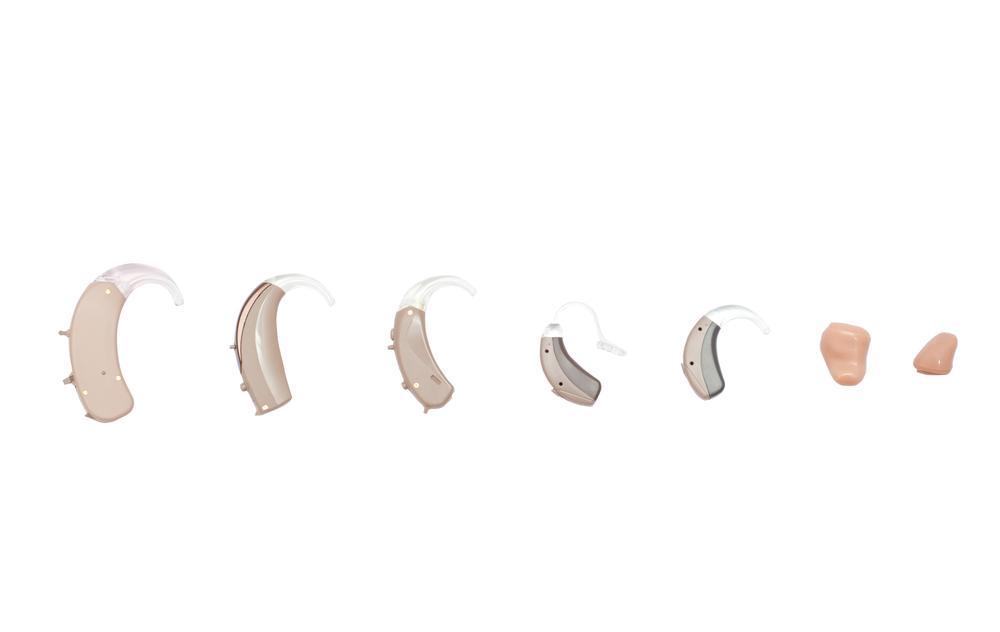Affordable Strategies for Purchasing Hearing Aids
Discover practical ways to save on hearing aids, including insurance options, shopping tips, and assistance programs. Learn how to choose affordable, suitable devices without compromising quality, and explore ways to negotiate prices and access financial aid for hearing health needs.
Sponsored

Cost-Effective Tips for Acquiring Hearing Aids
Hearing aid prices can be substantial, often leading many individuals with hearing loss to postpone their purchase. Some delay for years due to the high costs. If you're interested in obtaining a hearing aid without breaking the bank, here are several practical tips to help you find budget-friendly options.
Review Your Insurance Coverage
Certain groups, including federal employees, children, and residents of states like New Hampshire, Arkansas, and Rhode Island, may have access to health insurance plans that partially or fully cover hearing aid costs. Many insured individuals report savings by choosing private insurance plans with hearing coverage.
Some insurance providers partner with specific stores or brands, offering discounts on hearing aids when purchased through their preferred vendors. Additionally, if you have a flexible spending account (FSA) or health savings account (HSA), you can use pre-tax dollars to buy hearing aids and batteries.
Compare prices by visiting multiple retailers to find the most affordable hearing aids. Many clinics offer free hearing evaluations and have devices starting at around $500. Shopping online can also save you up to $2000, though adjustments may require visiting a local audiologist.
It's essential to consult with an audiologist or healthcare professional to accurately diagnose your hearing issues before purchasing a device. Consider secondhand devices to save money, but only if you're confident about their safety and functionality. Reprogramming or refitting older models could end up costing as much as buying new, especially if extensive adjustments are needed.
Avoid Unnecessary High-End Features
Hearing aids come with various features that influence the price. Discuss your specific needs with your audiologist, such as tackling background noise or phone conversations, to select the right model. Try different styles for comfort and ask about warranties, trial periods, and money-back guarantees. Avoid paying extra for features like Bluetooth if they're not essential, opting instead for basic models that fulfill your needs and fit your budget.
For mild to moderate hearing loss, over-the-counter hearing amplifiers or personal sound amplification products can be a cost-effective alternative.
Negotiate Prices
Request detailed pricing, including separate costs for devices and fittings, to better understand and negotiate the overall price. Transparency in cost breakdowns can help you reduce expenses.
Explore Assistance Programs
Various government, state, and nonprofit agencies offer financial assistance or discounts for hearing aids. Demonstrating genuine financial need may qualify you for support, making it easier to afford necessary devices.






